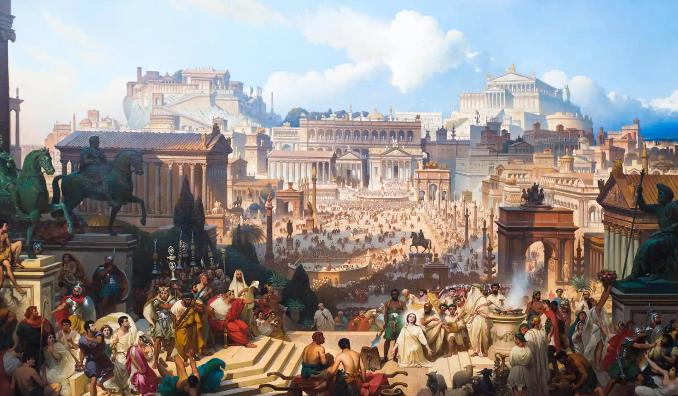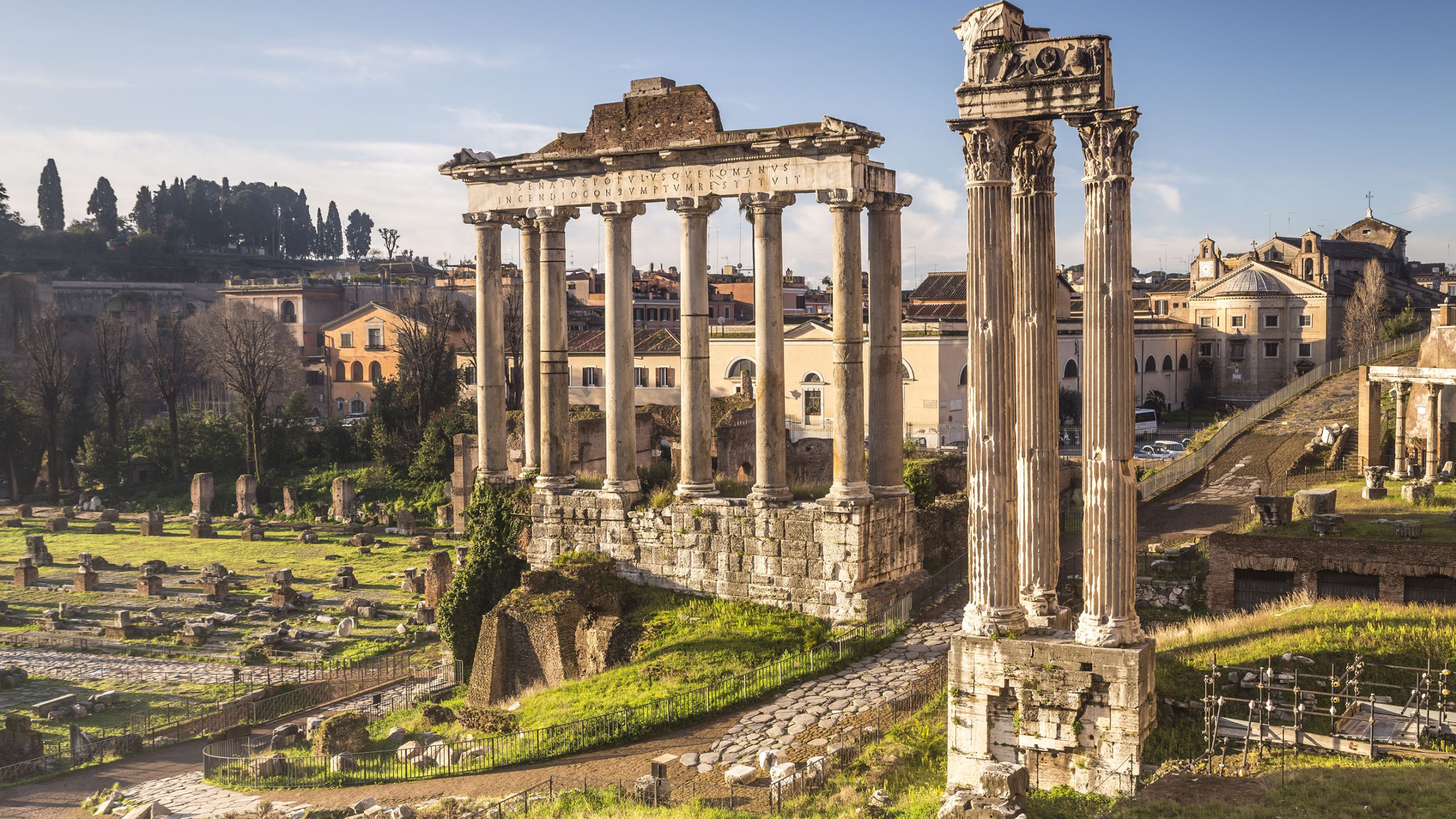The ancient civilizations of Greece and Rome have left an indelible mark on the world’s cultural, scientific and architectural landscapes. The two empires’ influences on modern society are seen in everything from the buildings and monuments that adorn our cities to the language and ideals that shape our cultural beliefs. It’s no wonder then that the study of classical subjects such as Greek and Roman history, myths, and literature has been a longstanding tradition for humanities scholars. But it’s not just in academia that classical studies have value; they are also highly relevant to travellers today.
One of the most significant benefits of studying ancient Greek and Rome is the opportunity to enrich one’s travels to these countries while gaining a deeper understanding of their people and culture. By studying the classics, you gain valuable insights into their values, philosophies, and way of life, making your trip more meaningful and rewarding. When you visit the ruins of the Parthenon in Athens or the Coliseum in Rome, for instance, you will understand better how these iconic structures fit within the context of the societies that built them.

There’s also much to be learned about today’s political and social issues by studying classical history. For instance, the political philosophies of Aristotle, Plato, and Socrates have gone down in history as the shining examples of democratic thought.
The U.S. Declaration of Independence itself was inspired by ancient Greek democracy, and its authors sought to create a government that reflected the egalitarianism that was so highly prized by Athenian citizens. When we visit Athens, it’s not just about taking in the sights of the Acropolis, but understanding how the democracy that sprang from the city-state’s ruins is still a foundational principle of the American experiment.
Similarly, Rome’s lasting contributions to law and governance have been influential far beyond the scope of the ancient world. The Roman legal system remains the inspiration for Western legal structures, and today’s politicos still draw from Cicero’s speeches and philosophical works to shape their thinking. By studying the classics, you’ll have a more profound appreciation for the ideals that underpin modern society’s legal system.
At the heart of classical studies are the myths and tales of gods, heroes and monsters that have inspired countless works of art, literature, and music over the ages. Beyond mere entertainment, these stories offer unique insights into the beliefs, art, and culture of ancient Greeks and Romans. We see echoes of these myths in the frescoes, sculptures and other art forms that adorn museums and public spaces around the world. From the Pantheon to The Birth of Venus, these enduring pieces of art remain a testament to the power of classical works.
The study of language is another rewarding aspect of classical studies that is highly relevant to travellers. Ancient Greek and Latin words and phrases are found everywhere, from public signs to academic texts. Even today, they are commonly used in the fields of medicine, law, and academia. By studying ancient languages, travellers will be able to read inscriptions and understand the etymology of words they come across in their travels. This knowledge opens doors to a new level of understanding about the cultures and societies of Greece and Rome, revealing hidden meanings in the language and symbolism of their ancient texts.
In conclusion, studying the classics is not just reserved for scholars and academics. Travellers who seek to delve deeper into the historic and cultural legacies of Greece and Rome can benefit just as much from classical studies. From gaining deeper insights into the cultural and political influences of the ancient world, to understanding the stories and art forms that still inspire countless works of today’s modern culture – the relevance of classical studies to travellers today is clear.
For more about Classics and studying the ancient world, head to this website, or read the book SPQR by Mary Beard

